LESSON OVERVIEW
The main objectives of this speaking lesson are to:
- discuss the history of Thanksgiving and modern-day celebrations;
- watch a video about Native Americans’ feelings about the holiday;
- talk about challenging historical narratives.
In this speaking lesson on Thanksgiving, students discuss what they know about the holiday and its customs and traditions. They look at its true history and watch a video in which Native Americans do a word association task related to the holiday. Students discuss adjacent ideas surrounding challenging historical narratives, like defacing monuments and state-issued apologies. They also have an optional vocabulary task.
C2 / Proficiency45 min
60 minSpeaking ClassUnlimited Plan
This is a Speaking Class worksheet. It includes a variety of tasks that let your students practise their speaking skills. This lesson format does not focus on grammar or vocabulary. Learn more about it here.
WARM-UP AND DISCUSSION
This speaking lesson on Thanksgiving starts with a warm-up. Students think of a national holiday and discuss points in the boxes (e.g. origins, attitudes, celebrations). Then, students move on to talking about Thanksgiving and provide two short facts about it. After that, they look at the words in the boxes and guess the modern-day Thanksgiving traditions they refer to (e.g. potluck, football). At this point in the speaking lesson on Thanksgiving, you can do an optional vocabulary activity. Students read sentences and think of a word that fits in each gap, using the first and last letters to help them. There is a synonym provided in brackets at the end of the sentence. After this activity, they read two opposing narratives of Thanksgiving and discuss the questions (e.g. How do you think these narratives influence the way people celebrate Thanksgiving?).
VIDEO AND MORE DISCUSSION
At this point in the speaking lesson on Thanksgiving, students prepare to watch the video. Students read the beginnings of some comments about Thanksgiving made by Native Americans in the video. They guess how they might end (e.g. I don’t know what the first Thanksgiving was, but I highly doubt…). Then, they watch the video and use some provided adjectives to say how they feel about it (conflicted, appalled). Next, they discuss questions, which move from Thanksgiving to broader questions of challenging historical narratives (e.g. Do you know of any celebrated histories in your country that involve myths or inaccuracies?). The speaking lesson on Thanksgiving ends with an opinion task. Students read opinions about historical narratives (e.g. Changing the names of national holidays (e.g. Unthanksgiving Day) is better than creating alternative holidays). They choose some statements and explain if they agree or disagree.
WORKSHEETS
Subscribe to unlock these and many other Standalone lesson lesson plans with the Unlimited plan
Subscribe
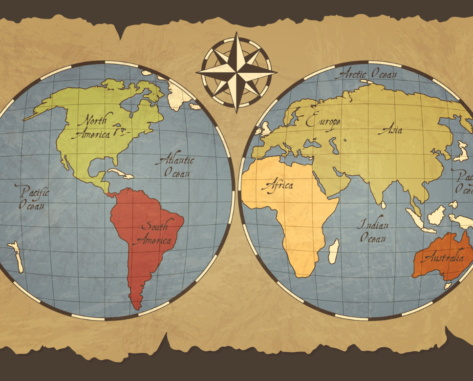
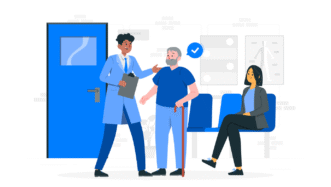
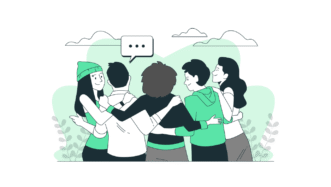
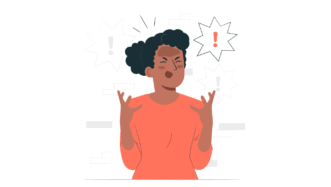
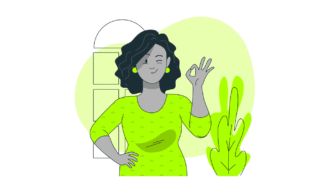

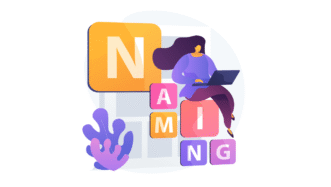
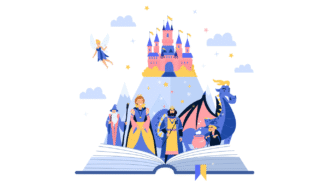
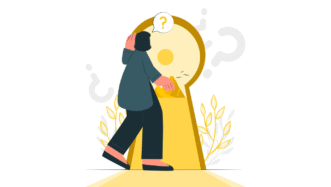
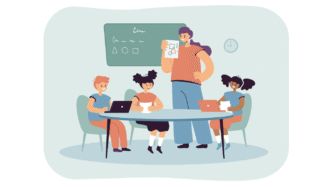

attacking American traditions, how edgy
Yes. I have noticed a lot of left-wing propaganda in their ESL materials. Also, I have brought to their attention the fact that the (recently introduced) footnotes in the materials containing the teacher’s PRIVATE email address could be considered a personal data breach under data protection laws like the GDPR (General Data Protection Regulation), especially if you’re living in the EU. I still haven’t gotten any reply!
I think they see their postmodern materialist religion as just neutral morality despite it being completely alien to all of humanity prior to the second half of the 20th century. Often they seem more concerned about signalling this postmodern materialist worldview than just teaching English.
Marcin, I have replied to your email in less than 24 hours, so saying ‘I still haven’t gotten any reply’ is being a bit impatient, in my opinion. The license watermarks in PDFs are there to indicate that you and only you have the license to use these materials – we’re not sharing your personal data with anyone but you.
This new interface is confusing. I miss the old one!
Hi there, Regina! What are you referring to when you say ‘interface’? You mean the new homepage for logged-in users? Or something related to this page/lesson in particular?
I love Thanksgiving! 😀
I liked the vocabulary exercises, but they should be available to students in the PDF version. Usually the exercises are only available in the slides, which makes it hard to assign them as homework or as an activity prior to the lesson.
A work around could be to make copy of those slides and save as a pdf.
We’re happy you like the extra vocab activities 🙂 Actually, they are also available in the teacher’s PDF version. You can find them on the last page, so you can print them and hand them out to your students. We don’t add them to the student’s PDF version because they’re optional and each teacher can decide on their own whether to use them or not with a given student or group.
The vocabulary in this one was really good! However, the topic and information was partly historically inaccurate, very biased, extremely left-wing hate America, and total offensive. Since the material is created by Polish authors, I’d suggest that topics like this focus on Polish history to avoid such castigation.
Hi there! That’s great that you found the vocabulary useful. As with all our lessons, the sources we implement are used predominantly to spark discussion and promote language learning; we conduct a lot of research, and we do not claim absolute veracity or historical accuracy However, we are sorry you found the lesson offensive, biased, and inaccurate. On that note, it might be useful for you to know that most of our current authors are not Polish. I, myself, am Irish. Hope that helps!
I absolutely love this lesson plan! Very useful vocabulary and it was great to problematize about colonialism. I also loved the video it´s so good to give voice to those people who were so marginalized. Very accurate. Congratulations.
Thanks so much for this comment. I’m happy to hear you extracted such a viewpoint from the lesson! I really appreciate that feedback.
I really appreciated the creative ideas this lesson inspired for my Thanksgiving classes. Finding it slightly one-sided, I complemented it with a charming video presenting the dominant narrative (I removed the original texts) and adjusted the questions to foster balanced and thought-provoking discussions. I let the students do the thinking.
It proved to be a fantastic resource, and by tailoring/removing some exercises to suit different levels, I was able to use it effectively across all my groups. Thank you!
By the way, neither my students nor I knew much about Thanksgiving, so it was a valuable learning experience for all of us. 😉
Hi! Thanks for this comment. It’s always great when teachers tailor our resources to suit their needs and it sounds like you made a really good lesson! We’re so glad you found the worksheet useful and that you and your students had such a valuable discussion.
This lesson is also in the premium plan. Is there a difference between the premium plan and the unlimited plan? Both contain the same lesson.
Sal, all Premium lessons are available in the Unlimited plan, and so the Premium plan only gives you access to 300+ lessons, while the Unlimited one includes 800+ lessons.
Wow ! Some hot discussions going on here. You could always create your own Thanksgiving lesson, and share it with us all. Let me know once you’ve done it, and I’ll give it a review too 😉
As it says it is a lesson about challenging historical narratives. Very relevant to today’s students all around the world.
I always appreciate when students engage critically with lesson topics. That’s actually one of my goals as a teacher. I don’t expect anyone to accept any narrative, whether historical, cultural, or political, without questioning it. For me, the priority is to utilize English lessons to develop my language skills and foster independent thinking. Sometimes that involves bringing in different perspectives so students can practice analyzing, agreeing, disagreeing, and forming their own conclusions in English. Regarding topics like this one, I don’t promote any ideological view, but encourage discussion, vocabulary expansion, and the ability to research and question information instead of just absorbing what we’re given. Critical thinking is a key part of becoming a confident, autonomous English speaker, and I value that far more than the specific content of any one reading.
I really appreciate you sharing your view, Milly!